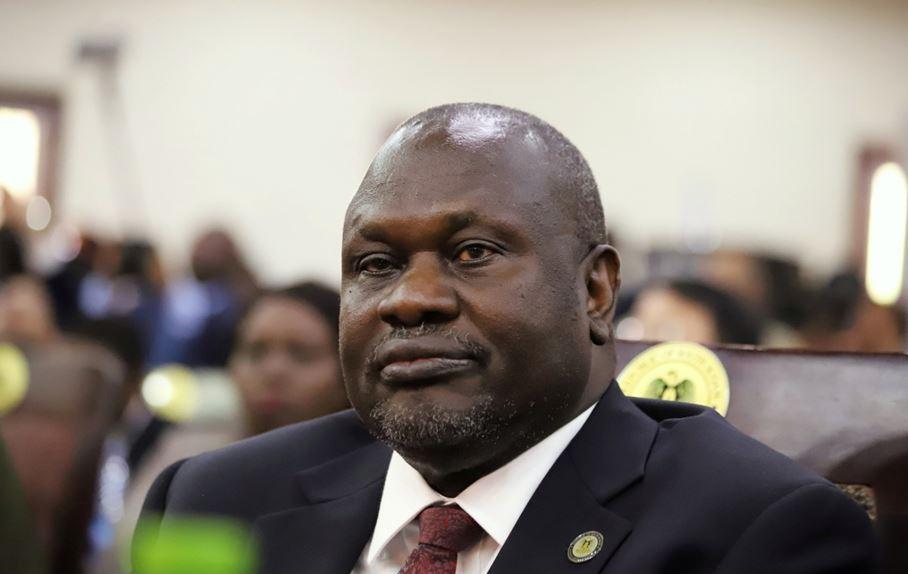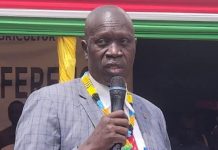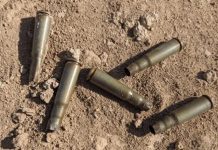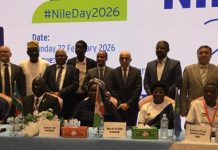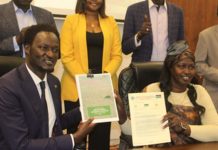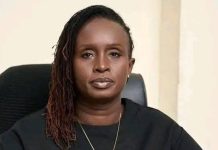Yiep Joseph
Africa-Press – South-Sudan. The First Vice President, Riek Machar, expressed the need to dredge rivers, adding that it is the only way the country can reclaim the flooded land.
Machar made the remarks on Saturday during the fund-raising event organised by the Unity State Flood Crisis Management Committee in Juba over the weekend.
According to Machar, dredging the rivers would help reclaim submerged lands, particularly in Unity State, which has been battling the menace.
“Let us think of dredging and embedment of the banks of the rivers and streams. This is when we will reclaim the land that is underwater 95 per cent of the time, “Machar said.
Machar said the country was not controlling its water, adding that there were no dams constructed to channel the water into the right areas.
“By the way, we do not control our water; there are people who are opposing dredging, saying they do not want to give water to Egypt without pay. But do we control our water? Do we have dams? [No] we do not have dams, “he said.
He added that the country solely owns the Bhar el Ghazal river but has failed to control its water due to a lack of dams.
Machar added that Lake No was shallow, hence, it could not accommodate the water from the Bahr el Jabel, hence the flooding.
” If you have dams, this is when you can say yes, this is my water. It should not go to x,” he said.
Machar said South Sudan could only save lives in the flood-affected areas through the dredging of rivers.
“We do not control it (water). Why do we want our people to suffer in floods bringing diseases? We need to dredge our rivers,” he said.
Machar disputed the claim that dredging would interfere with aquatic plants and animals.
“Some will say, OK, if we do that(dredging), will the fish live? “Yes, the fish can still be there in big numbers,” he added.
He said dredging the rivers would help ease transport, adding that water transport is currently the cheapest.
He called for an all-inclusive war against floods and urged even South Sudanese in the diaspora to join hands in the quest.
“We can plan at state level, we need to plan at the national level, and we need to plan how we develop these rivers and how we control our waters,” he added.
For More News And Analysis About South-Sudan Follow Africa-Press

